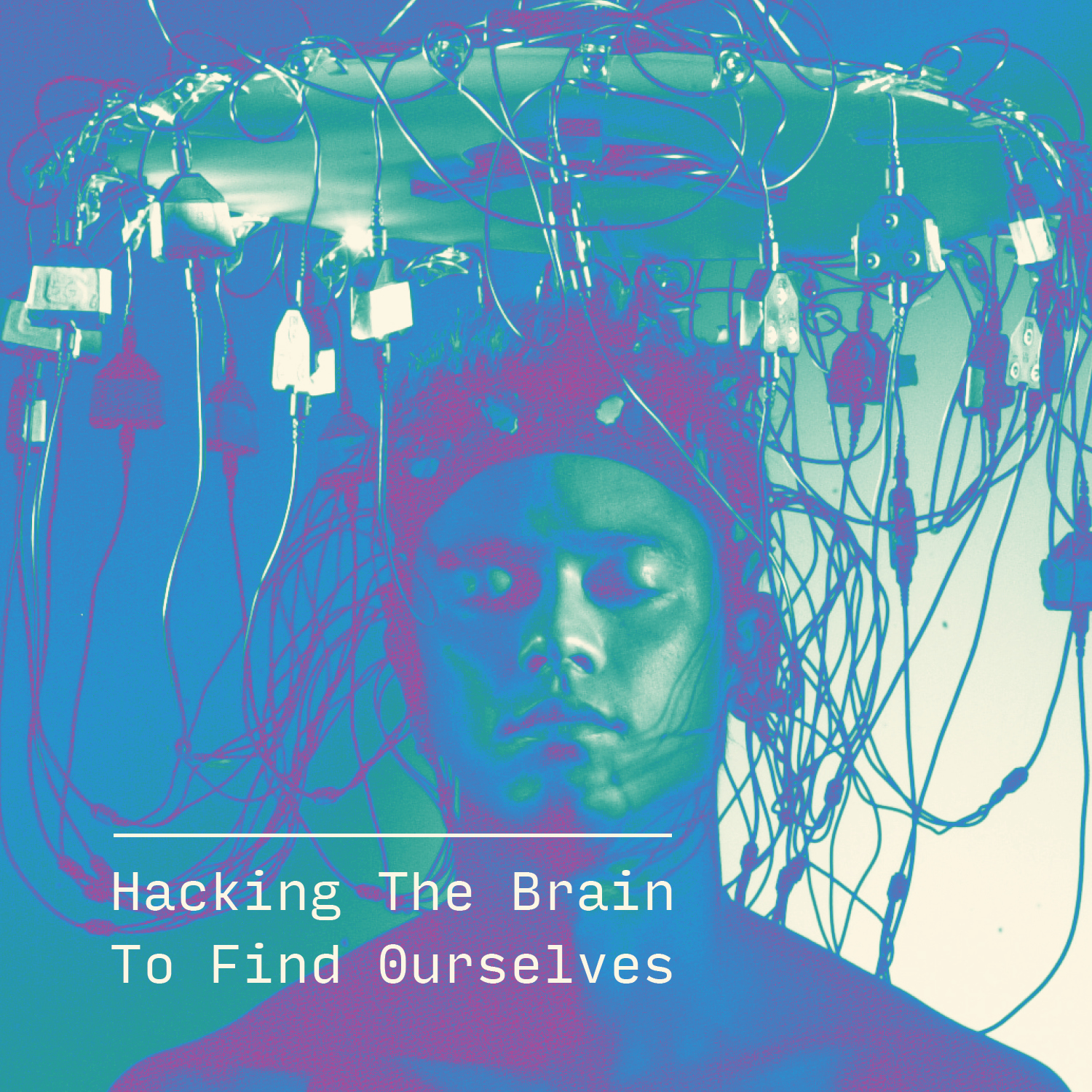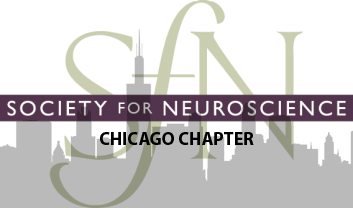Moran Cerf

Moran Cerf is a professor of neuroscience and business–spending time between the Kellogg School of Management, the LIJ department of Neurosurgery and the MIT Media Lab. Additionally, he is the Alfred P. Sloan screenwriting Professor at the American Film Institute.
Prior to his academic career, professor Cerf worked as a hacker for nearly a decade, breaking into leading financial and government institutes to test and improve their security. His hacking background has led him to later pursue non-traditional ways to investigate the brain, using methods and techniques that benefit from heavy computational skills. Such is his work with patients undergoing brain-surgery where he studies behavior, emotion, decision making and dreams by directly recording the activity of individual neurons using electrodes implanted in the patients’ brain.
He holds multiple patents and his work has been published in wide-circulation academic journals such as Nature and Science, as well as popular science journals such as Scientific American Mind, Wired, New Scientist and more. Additionally, his work has been portrayed in numerous media outlets such as Time, CNN, BBC, Bloomberg, NPR, MSNBC and dozens of others.
—
He has been featured in venues such as the Venice Art Biennial and China’s Art, Science and Technology association, and has contributed to magazines such as Forbes, The Atlantic, Inc. and others.
Professor Cerf has had short-lived careers as a furniture-designer, a pilot, a radio host, and a filmmaker, and he has served on the board of pharmaceutical, telecom and fashion companies.
He is a multiple-times national story-telling champion (at ’The Moth’), and his public talks at TED, Google Zeitgeist, PopTech, DLD and others have received millions of views and a large following.
In addition to his academic career, Cerf is a science consultant for various Hollywood films and TV shows (‘House’, ‘Limitless’, ‘The Knick’, and more).
Recently, he was named one of the “40 leading professors below 40” and his talk on the use of neuroscience in business at DLD has been the most watched and discussed conversation on the topic.
Most importantly, he is right handed.


